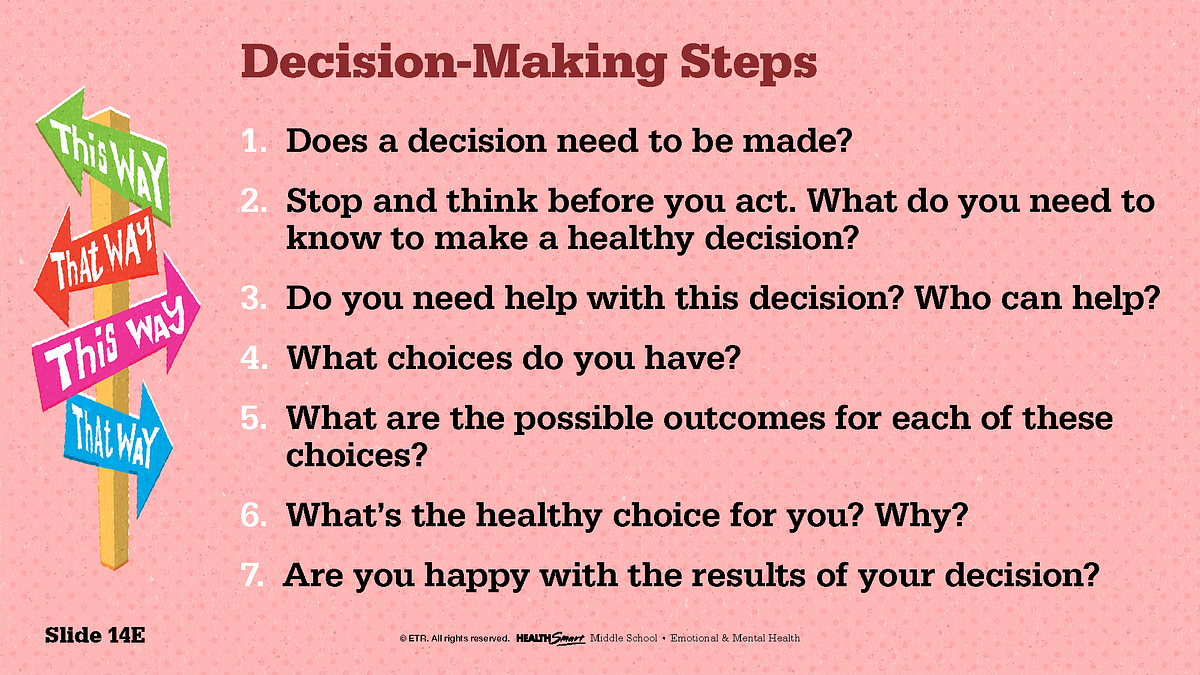Effective Decision Formation: Perspectives from Leading Decision Makers

Making decisions is a crucial skill that influences our personal and career lives. Each day, leaders are faced with decisions that not only impact their own futures but also the paths of their groups and companies. Mastering the art of strategic decision-making can transform ambiguity into assurance and guide individuals toward success. With the world moving at an extraordinary pace, it becomes ever more crucial to enhance our decision-making skills, boosting our capacity to assess choices, consider consequences, and act with clarity.
Leading figures in different fields exhibit a diverse range of decision-making approaches that inspire and educate us. From employing intuitive insights to relying on data-driven analysis, their approaches offer insightful lessons. This article explores the psychology behind great decisions, provides tested techniques to improve decision-making abilities, and explores how to make smarter choices under pressure. As we uncover the complex dynamics of successful decision-making, you'll find useful tools and insights that enable you to navigate both everyday dilemmas and critical situations with assurance and lucidity.
Strategies for Successful Decision-Making
To enhance decision making skills, learning a few key methods can make a considerable difference. One proven approach is to utilize decision-making models, which provide a organized way to evaluate choices and results. Methods such as SWOT analysis (assessing strengths, weaknesses, chances, and threats) or the decision matrix can help illuminate the various elements at work. By breaking down complex choices into comprehensible elements, individuals are better prepared to consider advantages and disadvantages efficiently.
Another crucial technique to boost decision-making is mindfulness. Engaging in mindfulness allows individuals to pause and consider before making choices, reducing impulsivity. Taking a short time to gather ideas and emotions can provide cognitive clarity, especially in stressful circumstances. This approach not only encourages better decisions but also helps individuals recognize prejudices or emotional responses that might hinder their clarity. The power of taking a break can lead to more thoughtful and assured choices.
Finally, fostering EQ plays a critical role in decision-making steps. Recognizing one’s own emotions and how they influence decisions can lead to more favorable decisions. Successful individuals often combine intuition and logic by considering feelings alongside factual data. Teaching your brain to identify feelings can help manage complex decisions, particularly in difficult environments. By incorporating emotional awareness, individuals can make more informed and empathetic decisions that align with their principles and goals.
The Role of Psychology and Instinct
Grasping the mental processes behind decision-making is vital for positive results. Human decisions are often shaped by mental shortcuts, feelings, and peer influences. By acknowledging these mental influences, individuals can steer clear of common pitfalls that lead to bad decisions. For instance, confirmation bias can distort our perception of data, prompting us to only seek out evidence that aligns with our current beliefs. Addressing these biases requires self-awareness and a willingness to question our thought processes.
Intuition plays a crucial role in decision-making, acting as an inner guide that steers choices based on past encounters and feelings. While intuition can occasionally lead to fast and successful decisions, it is essential to balance it with critical analysis. Top achievers often rely on both gut feelings and data-driven insights, merging instinct with reason to improve their decision-making framework. This two-pronged strategy allows individuals to navigate complex situations effectively, capitalizing on both emotional awareness and logical reasoning.
Practicing oneself to tap into psychological insights and gut feelings can lead to enhanced decision-making skills. Mindfulness techniques can enhance awareness, allowing individuals to identify when feelings might obscure their judgment. By training to stop and think, decision-makers can ensure that their decisions are in accordance with their values and long-term goals. Ultimately, combining psychological understanding and intuitive insight empowers leaders to make confident decisions, even in ambiguous situations.
Fostering Strength in Decision-Making

Fortitude plays a crucial role in effective decision-making, notably when faced with challenges and unknowns. It allows persons to rebound from difficult situations and reconsider their choices with a clearer mindset. Developing fortitude involves welcoming setbacks as educational possibilities rather than considering them as ultimate conclusions. By fostering a growth mindset, individuals can enhance their ability to manage through trials, leading to more informed and confident decisions in upcoming situations.
Moreover, building resilience requires a solid grounding of emotional intelligence. Understanding one’s emotions and their effect on choices helps in managing stress and maintaining concentration under pressure. https://tiejoke24.werite.net/the-impact-of-feelings-on-decision-making-an-in-depth-analysis -makers who develop social awareness are better equipped to make logical decisions, even during chaos. Implementing self-regulation and understanding listening also enhances interpersonal connections, leading to improved joint judgment in groups.
Ultimately, adopting present-moment awareness strategies can notably enhance resilience. Being mindful promotes individuals to remain in the moment and fully immerse with the decision-making procedure, reducing stress and excessive deliberation. By allocating time to reflect, assess options mindfully, individuals can avoid impulsiveness and improve the standard of their outcomes. This strategic approach not only improves personal choices but also cultivates a culture of resilience within businesses, leading to long-term success over time.
